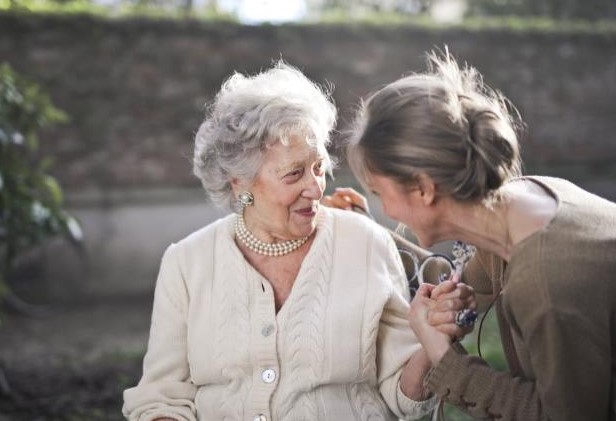23
Dec 2023
4 Tips for Caring for the Health of Senior Family Members
Published in General on December 23, 2023

As our loved ones age, ensuring their health and well-being becomes increasingly important. Caring for the health of senior family members requires attention, support, and a proactive approach. This blog post will explore four essential tips to help you provide the best care possible for your elderly loved ones.
1. Regular Health Check-ups
Regular health check-ups are crucial for detecting and preventing health issues in seniors. These check-ups include health screening for elderly individuals that help detect and prevent potential health issues. Health screenings for the elderly involve a range of tests and assessments to monitor their overall health and identify any underlying conditions or risks.
During check-ups, doctors can assess their overall health, monitor any chronic conditions, and identify potential health risks. These visits often include screenings for conditions such as high blood pressure, diabetes, osteoporosis, and cancer. Early detection is key in managing and treating these conditions effectively.
2. Promote a Healthy Lifestyle
Maintaining a healthy lifestyle is especially important for seniors. Proper nutrition, regular exercise, and adequate sleep play a significant role in their overall well-being. Encourage your loved ones to eat a balanced diet rich in fruits, vegetables, whole grains, and lean proteins. Limiting processed foods, sugary snacks, and excessive sodium intake is also important.
Regular physical activity helps seniors maintain strength, flexibility, and balance. Encourage them to engage in activities such as walking, swimming, or gentle yoga. Exercise not only improves physical health but also has a positive impact on mental well-being.
Adequate sleep is essential for seniors to recharge and rejuvenate. Encourage them to establish a consistent sleep routine and create a comfortable sleep environment. If they have trouble sleeping, suggest relaxation techniques or consult a healthcare professional for guidance.
3. Safety Measures at Home
Creating a safe living environment is crucial for the well-being of senior family members. Evaluate their living space for potential hazards and make necessary modifications to ensure their safety. Install grab bars in bathrooms, secure rugs to prevent tripping, and remove clutter that may obstruct walkways. Additionally, consider installing smoke detectors and emergency call systems for added peace of mind.
It's also important to ensure that seniors have easy access to essential items they may need. Keep frequently used items within reach, such as medications, emergency contacts, and important documents. Consider organizing their living space in a way that minimizes the risk of falls or accidents.
4. Emotional Support and Social Connection
Emotional well-being is just as important as physical health for seniors. Loneliness and isolation can have detrimental effects on their mental and emotional health. Encourage your loved ones to maintain social connections and engage in activities they enjoy.
Encourage them to participate in community groups, clubs, or volunteer work where they can meet like-minded individuals and build meaningful connections. Make an effort to spend quality time with them, whether it's through regular visits, phone calls, or video chats. Engaging in hobbies or pursuing new interests can also provide a sense of purpose and fulfillment.
If you notice signs of depression or emotional distress, encourage your loved ones to seek professional help. Mental health is essential, and there are resources available to support them in their journey towards emotional well-being.
Caring for the health of senior family members requires a proactive and holistic approach. By prioritizing regular health check-ups, promoting a healthy lifestyle, ensuring safety at home, and providing emotional support, we can enhance the well-being and quality of life for our elderly loved ones. Let's make their golden years truly golden by giving them the care they deserve.
Remember, each individual is unique, and their specific needs may vary. Always consult with healthcare professionals and specialists to tailor care plans according to their specific circumstances.









